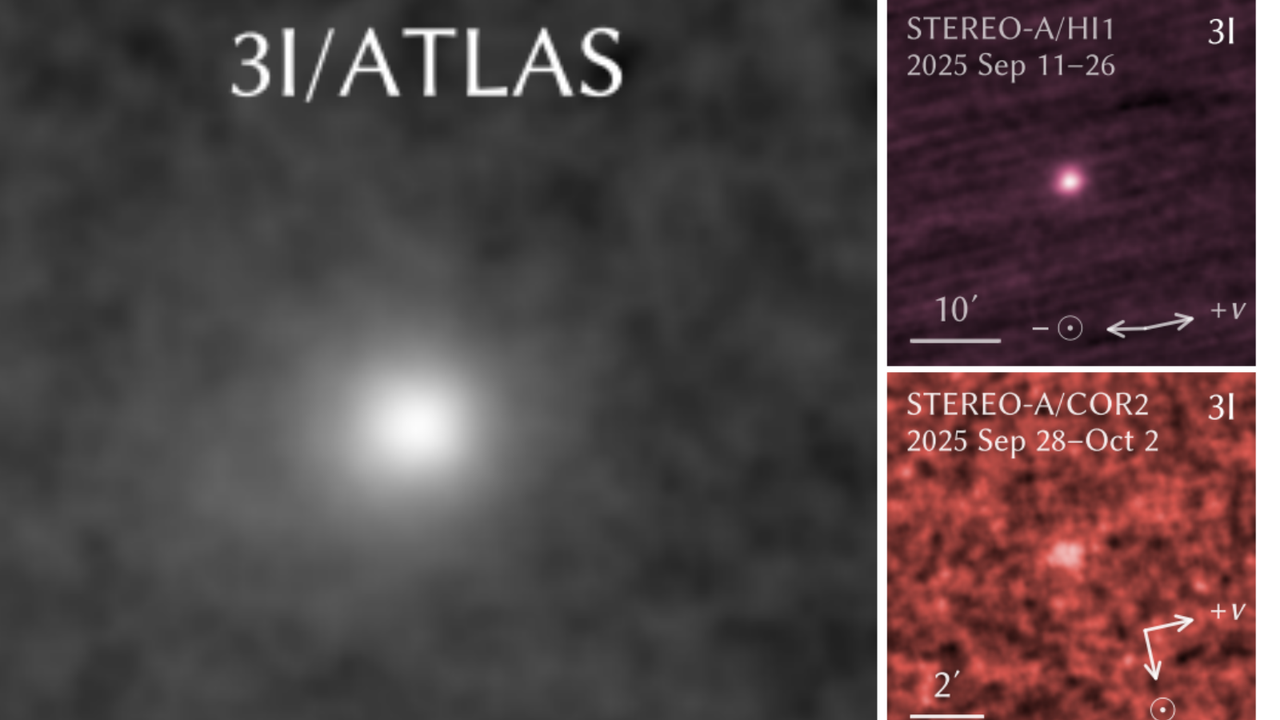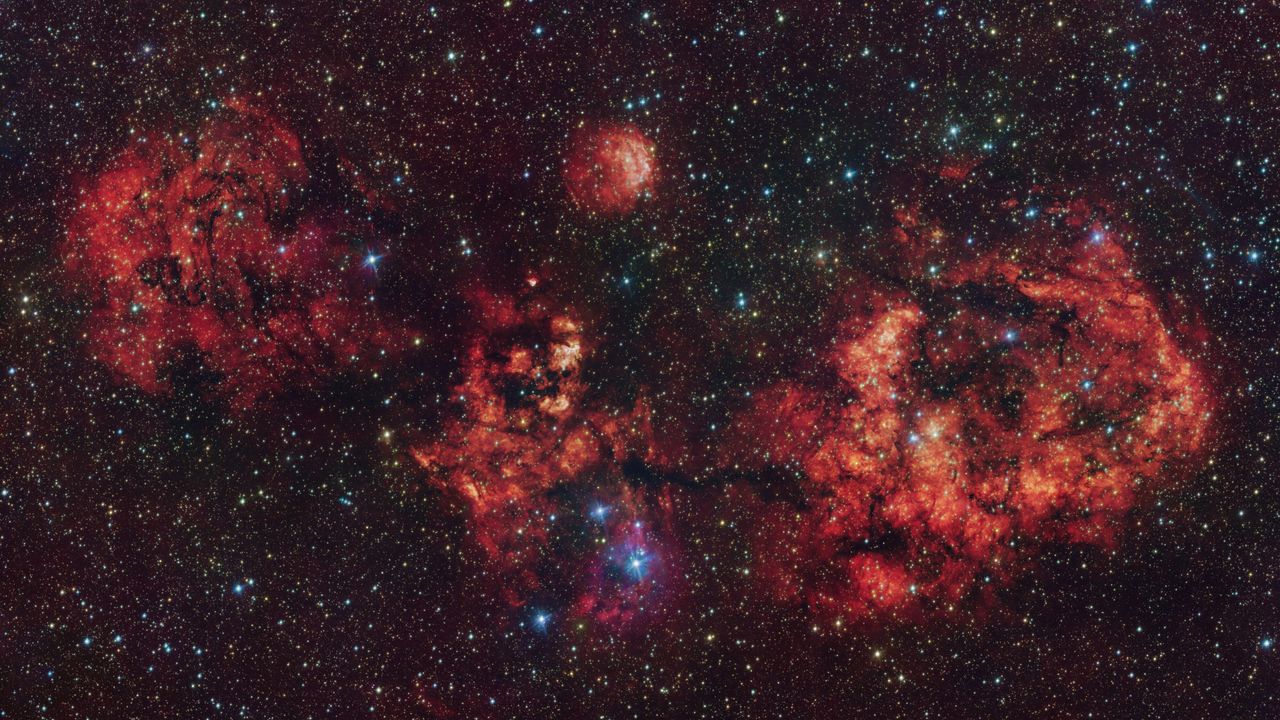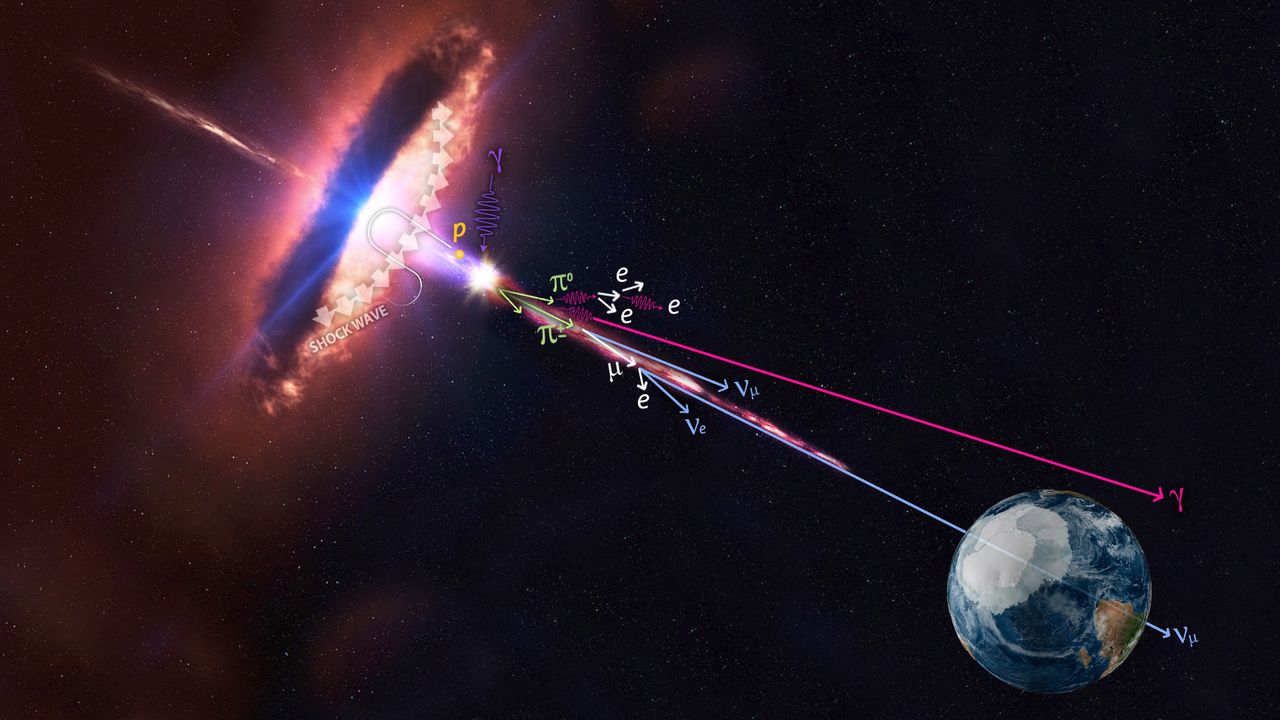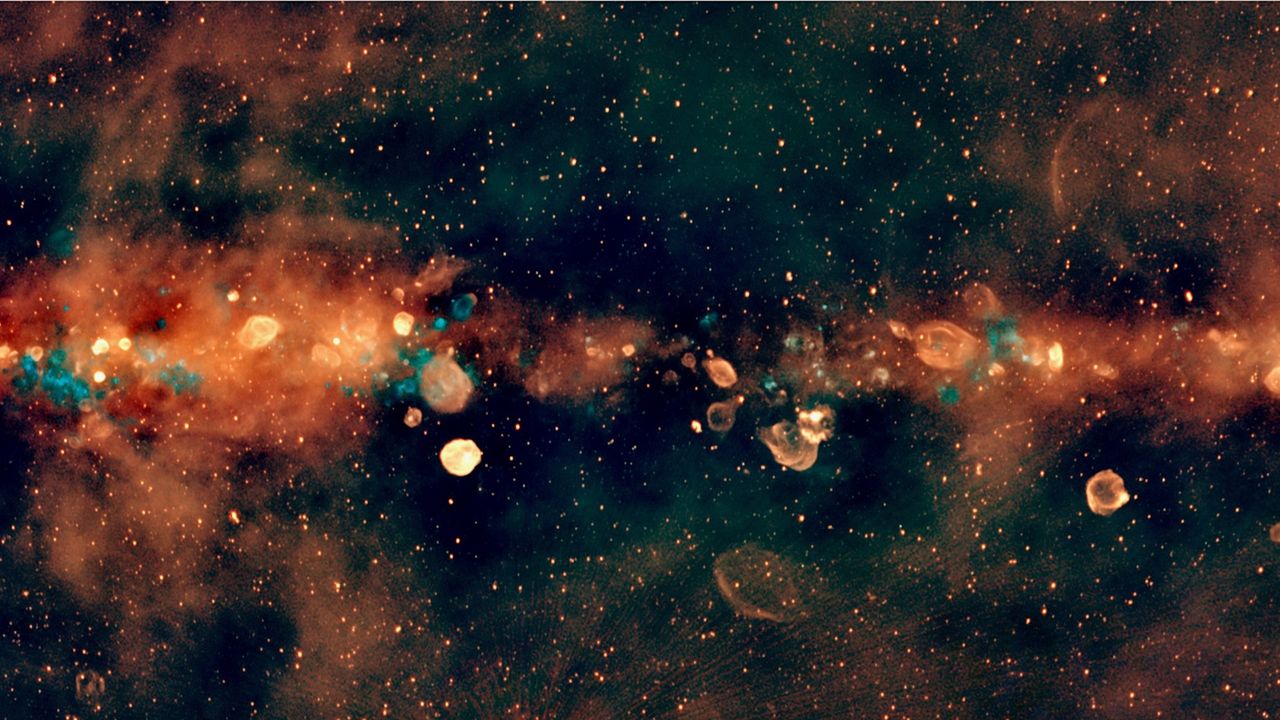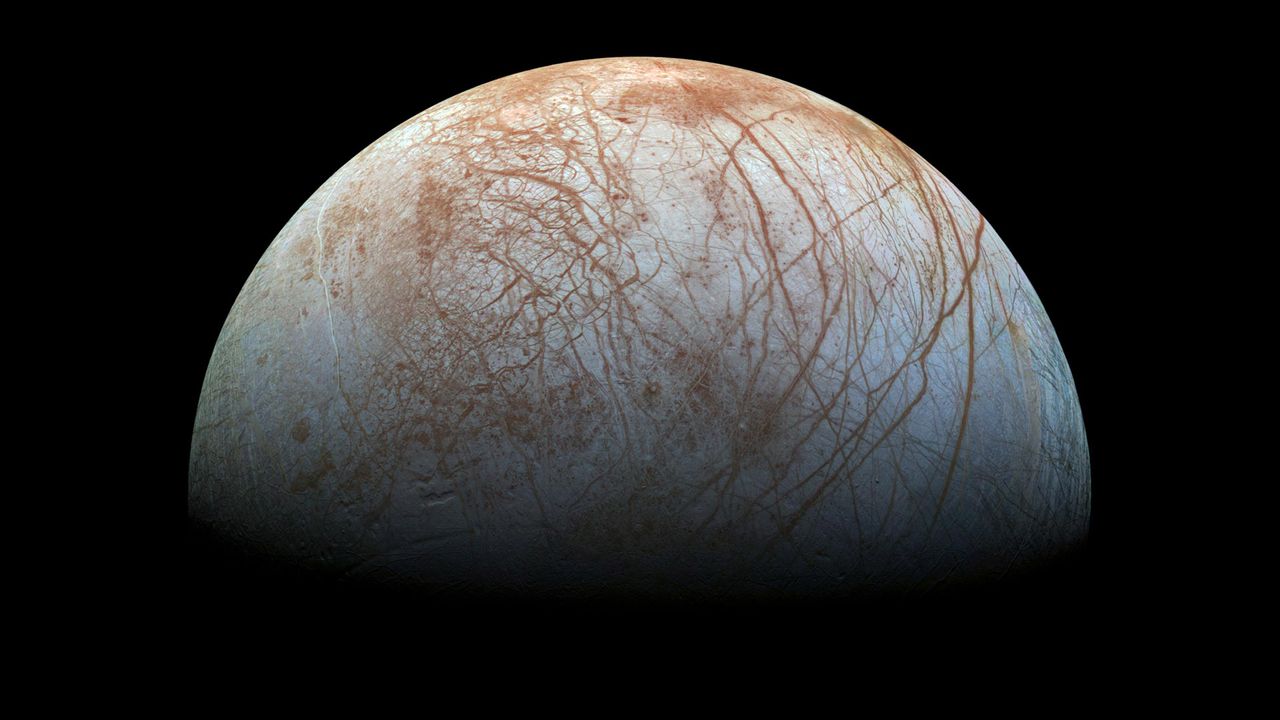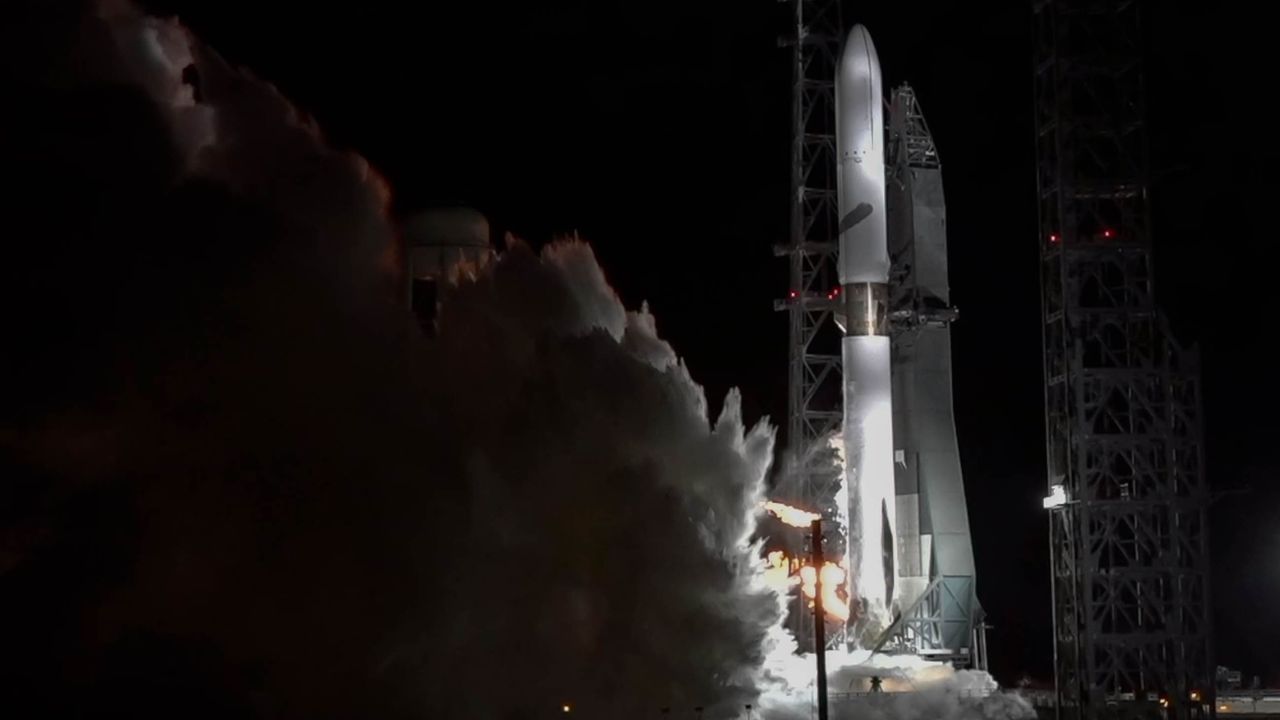Enormous black hole unexpectedly found in tiny galaxy
PositiveScience
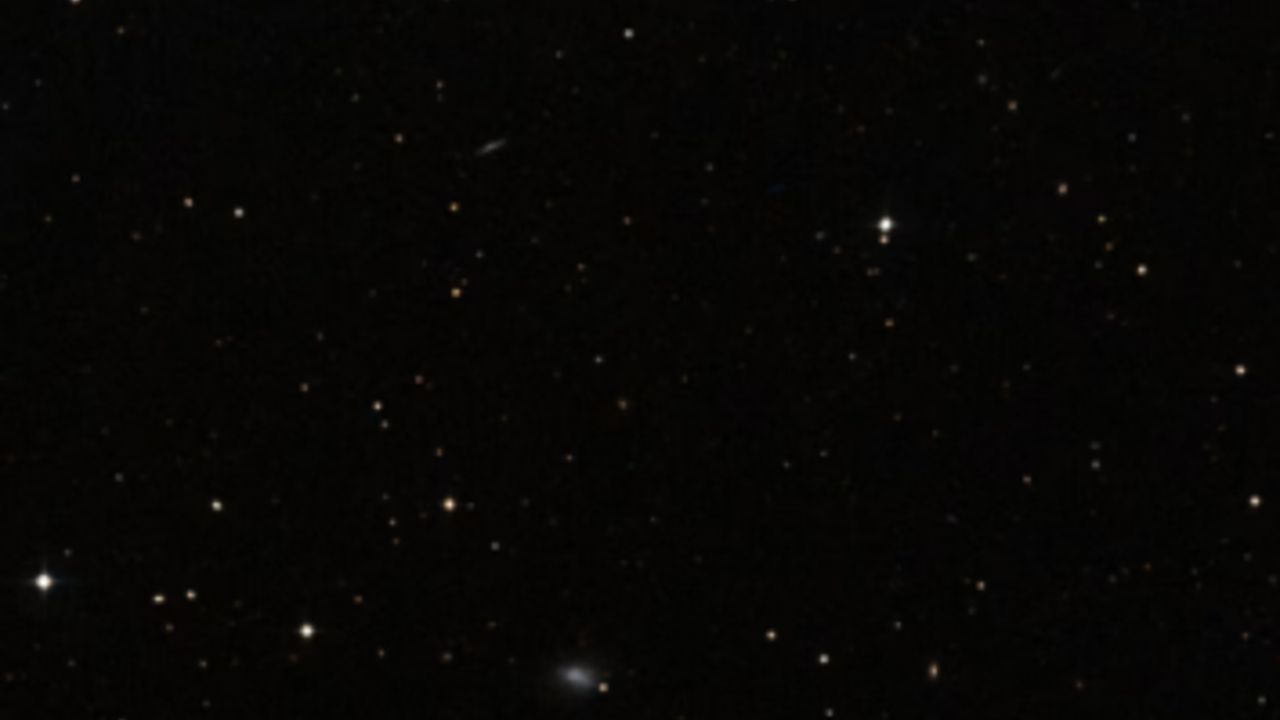
A surprising discovery has been made with the finding of a massive black hole in one of the Milky Way's smallest neighboring galaxies. This revelation challenges previous assumptions about the structure and stability of small galaxies, highlighting the complexities of cosmic formations. It opens new avenues for research and understanding of how these tiny galaxies can harbor such enormous entities, which could reshape our knowledge of the universe.
— Curated by the World Pulse Now AI Editorial System

